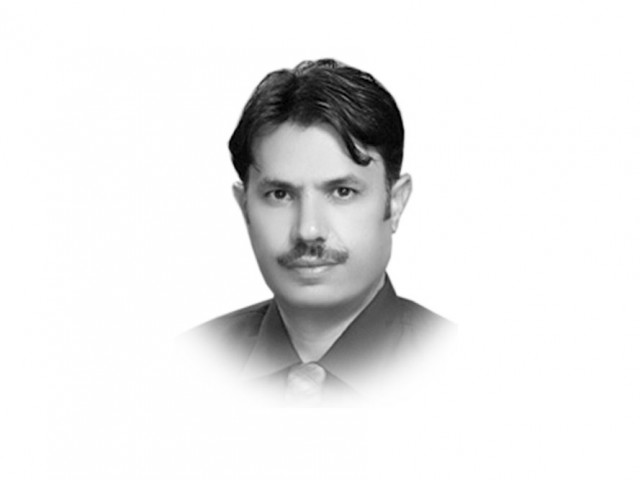Drawbacks of teaching Pashtu in Swat schools
Among the many factors behind the sorry state of education is the fact that an alien language is used by teachers.

Drawbacks of teaching Pashtu in Swat schools
In the Swat Valley there is a narrower valley at the north: this is called Swat Kohistan with its main centres as Bahrain, Kalam and Madyan. The inhabitants of this scenic part of the Swat district are not Pashtun and have their distinct languages and cultures.
Let me illustrate why. According to a survey by a local organisation that I head, the Centre for Education and Development, the literacy rate in the town of Bahrain in Swat Kohistan is 12 per cent for males and a mere 1.5 per cent for the female population. This is very low in comparison with the rest of the district. Among the many factors behind this sorry state of education is the fact that an alien language is used by teachers. Local residents speak Torwali, a language different from Pashtu. For the past decade or so, all teachers at the primary level in the area have been Pashtu speakers, whose language the children could not understand. This has pushed away a lot of students from the school and the result is the low literacy rate. There are hardly a dozen people amongst the local population of some 200,000 people who have a university education.
Now, the provincial government has made Pashtu the medium of instruction at the primary level; that will push the native speakers of tribal languages further back. Pashtu is not their first language; it is very different from their mother tongues in writing and in grammar. The Torwali and Gawri (spoken in Dir Kohistan) languages are Indo-Aryan, more similar to Urdu and Hindi. They have no linguistic affinity with Pashtu. Hence, it is very difficult for the people, particularly for the children, to read and write Pashtu.
There are now two mother tongue-based multilingual educational initiatives piloting in Bahrain and Kalam. In both the programmes, the children begin their education in their first language and after a year they are taught Urdu and English. In primary grades the students are taught some oral Pashtu as well. The two initiatives have developed a curricula in the children’s first language including primer, reading and listening to stories, big books, basic science, cultural studies and basic numeracy. The aim of the two indigenous initiatives is to present models in mother tongue-based, multilingual education. But the programmes need time and indeed, patronage by the government.
Till a mother tongue-based curriculum is fully prepared for all the schools, the provincial government must introduce Urdu as a medium of instruction in the six union councils — Bahrain, Bishigram, Mankiyal, Balakot, Kalam and Utror along with Dir Kohistan (about 200 primary schools). This way local teachers and students will not face pedagogical obstacles and the high dropout rate will be arrested.
Published in The Express Tribune, December 20th, 2010.
















COMMENTS
Comments are moderated and generally will be posted if they are on-topic and not abusive.
For more information, please see our Comments FAQ